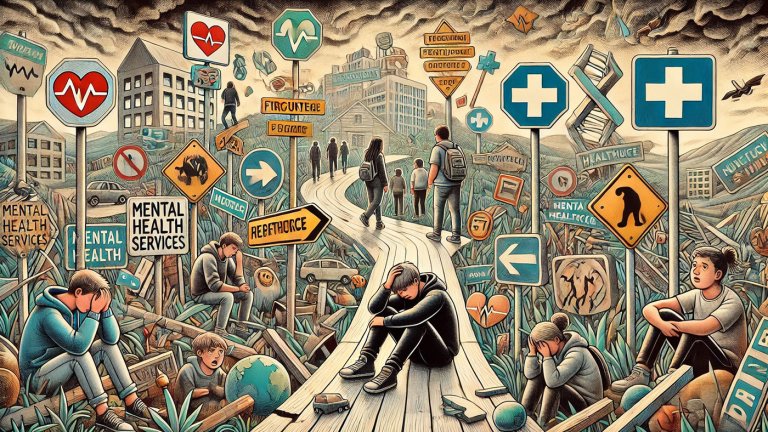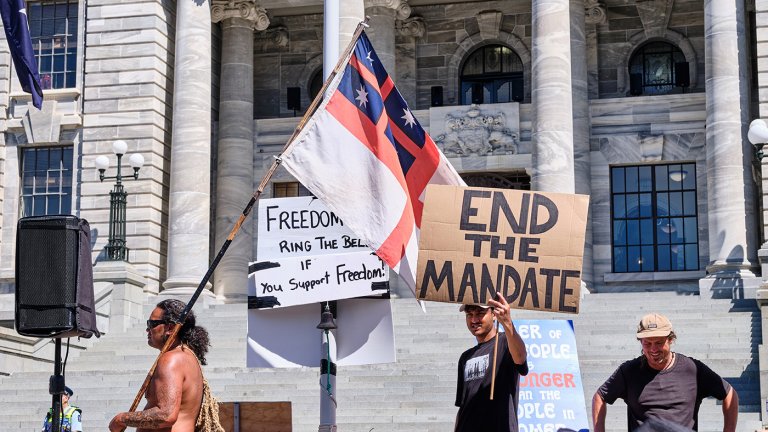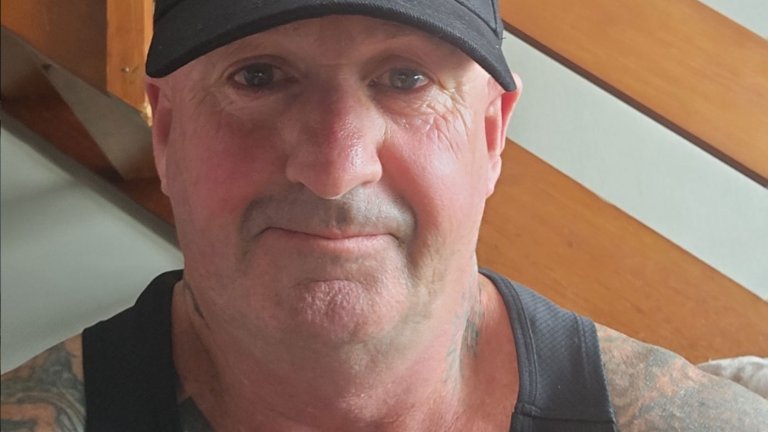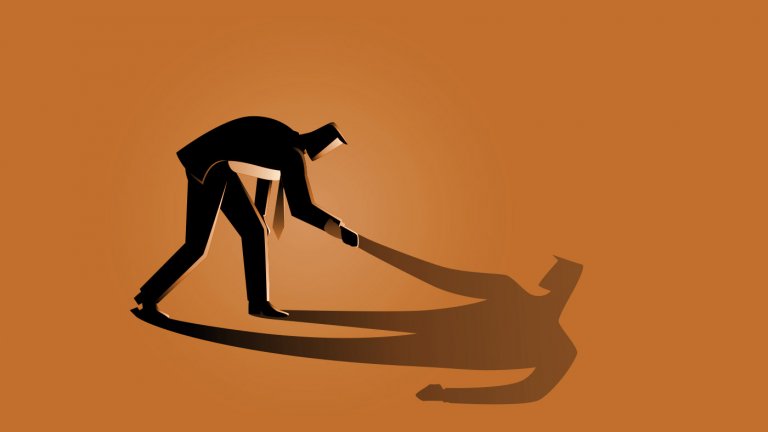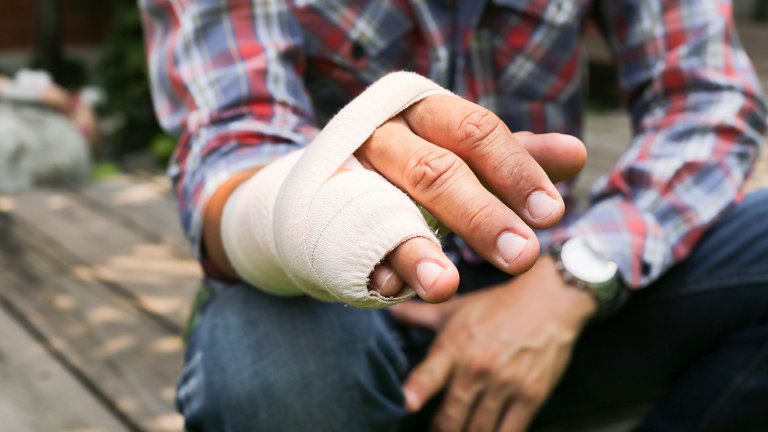New Zealand’s Drinking Culture and the Shadow It Casts on Mental Health
Alcohol, long considered a social cornerstone in New Zealand, has once again come under scrutiny, this time sparked by comments from mental health advocate Mike King. King suggested that, in some cases, alcohol may have prevented individuals from taking their own lives by numbing overwhelming distress. While his remarks reflect his personal experiences, they have ignited heated debate about the true role of alcohol in mental health.
The Illusion of Relief
Alcohol’s allure lies in its ability to provide temporary respite from pain. Its effects—relaxation and inhibition reduction—can feel like relief to those grappling with inner turmoil. However, experts are clear: alcohol is no solution. It is a depressant that exacerbates mental health issues over time, increasing impulsivity and risk-taking, including self-harm. While it may seem to quiet the mind temporarily, it often leaves individuals more vulnerable to despair.
A Cultural Reflection
In New Zealand, drinking is deeply embedded in social life, from celebrations to solace. Yet this cultural norm masks significant harm. Excessive alcohol consumption is linked to some of the highest rates of mental health disorders and suicides in the OECD. For a country already grappling with a youth suicide crisis, alcohol’s role as both an enabler and an escape demands urgent attention.
Rethinking Solutions
King’s comments highlight a painful reality: for many, access to effective mental health support is still limited, leading them to self-medicate. While the government invests in programmes like Gumboot Friday, systemic gaps remain. The reliance on alcohol as a coping mechanism reveals a need for better tools—accessible counselling, community connection, and education about healthier alternatives.
The Path Forward
The debate calls for a national reckoning with both alcohol’s harms and its cultural status. To address this, New Zealand must foster spaces where vulnerability is met with support rather than stigma, and where emotional resilience is cultivated without relying on substances. Change will require not just individual reflection but societal and systemic reform.
The conversation Mike King started is an opportunity for New Zealand to confront its relationship with alcohol and mental health. A genuine solution lies not in temporary fixes, but in addressing the deeper causes of suffering with clarity, compassion, and collective effort.

